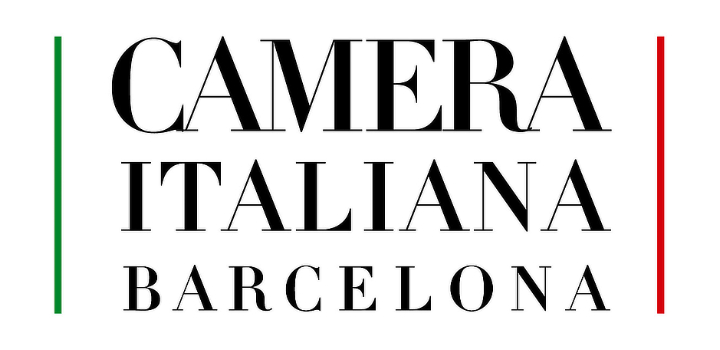En junio de 2016, el mismo día en que el Reino Unido votó en referéndum sobre su pertenencia a la UE, que se saldó con un 51,9% de votos a favor, el periódico digital Quartz publicó un divertido post sobre los posibles nombres para la salida de cada miembro de la UE, entre los que se encontraba Brexit. Tras el referéndum, la palabra explotó por completo y en 2016 el diccionario Collins la nombró palabra del año, todo un logro para una palabra nueva. Cuatro años después, la palabra Brexit ya no se utiliza entre comillas, sino que está fuertemente arraigada en el lenguaje cotidiano. Incluso se reconoce en todo el mundo debido al uso generalizado del inglés y de Internet y, obviamente, a la enorme cobertura mediática del Brexit, en particular los juegos de palabras humorísticos de los medios británicos.
A raíz del fenómeno del Brexit, el artista Simon Roberts creó un vídeo llamado «The Brexit Lexicon» (El léxico del Brexit), que es una recopilación de casi 5.000 expresiones de las redes sociales y las noticias relacionadas con el Brexit. Una de las muchas frases que aparecen en el vídeo es el «Backstop» irlandés. La mayoría de la gente estará familiarizada con la palabra «backstop» para referirse a una valla o una posición en el deporte, sin embargo ahora se utiliza para significar los posibles acuerdos para evitar una frontera dura entre Irlanda del Norte y la República de Irlanda. Este ha sido uno de los problemas más difíciles a los que se han enfrentado los negociadores del Brexit debido a los años de conflicto previos en la región, reintroducir una frontera entre Irlanda del Norte (que abandonará la UE) y la República de Irlanda (que permanecerá) podría ser desastroso.
El Brexit ha creado conceptos totalmente nuevos desde el resultado positivo del referéndum, por ejemplo, el «Brexit duro» y el «Brexit blando». Un «Brexit duro» se refiere a la salida del Reino Unido de la UE sin un acuerdo sobre lo que sucedería después en relación con asuntos importantes como el comercio y la circulación de personas. Este resultado también puede denominarse «crashing out», que es otra nueva expresión muy popular. Por otro lado, un «Brexit suave» implica una salida mejor gestionada y organizada, con acuerdos que garanticen un resultado más fluido y menos caótico.
Brexit también ha influido en otros neologismos (nuevos términos) como «Trexit», que se refiere a un residente estadounidense que abandona el país debido a Donald Trump, así como el término «Megxit», que describe la decisión de Megan Markel y el Príncipe Harry de retirarse de sus funciones reales en el Reino Unido. Hay muchas otras palabras similares a éstas y esta tendencia se ha producido debido a lo pegadizo de la palabra Brexit.
Está claro que el Brexit ha tenido una enorme influencia en el uso de la lengua inglesa, ya que no sólo ha creado tantas palabras nuevas y nuevos significados para palabras ya existentes, sino que la propia palabra se ha convertido en un fenómeno tal, que denota tanto un acontecimiento como todo un proceso.
En BBLTranslation sabemos que las lenguas están vivas. Las lenguas se desarrollan a través de la evolución de las sociedades. Cambian, aparecen nuevas palabras a medida que se crean nuevos conceptos. Una lengua que no es capaz de adaptarse a los cambios sociales es una lengua muerta. Nuestros traductores nativos especializados siempre sabrán cuál es el término más adecuado para los textos de sus clientes y sus necesidades de internacionalización.
Créditos de las fotos a: Stefan Schweihofer (Stux) (Pixabay)





